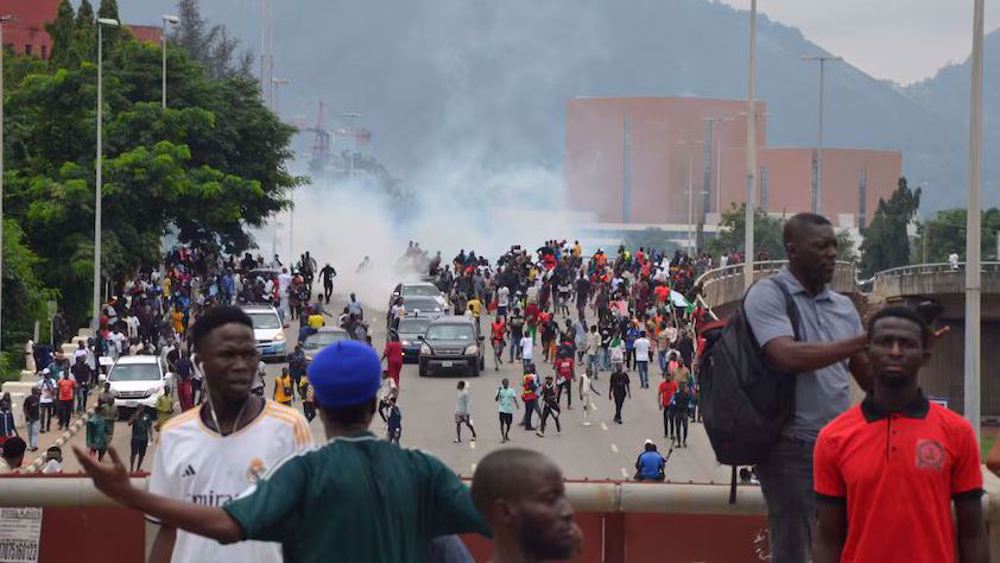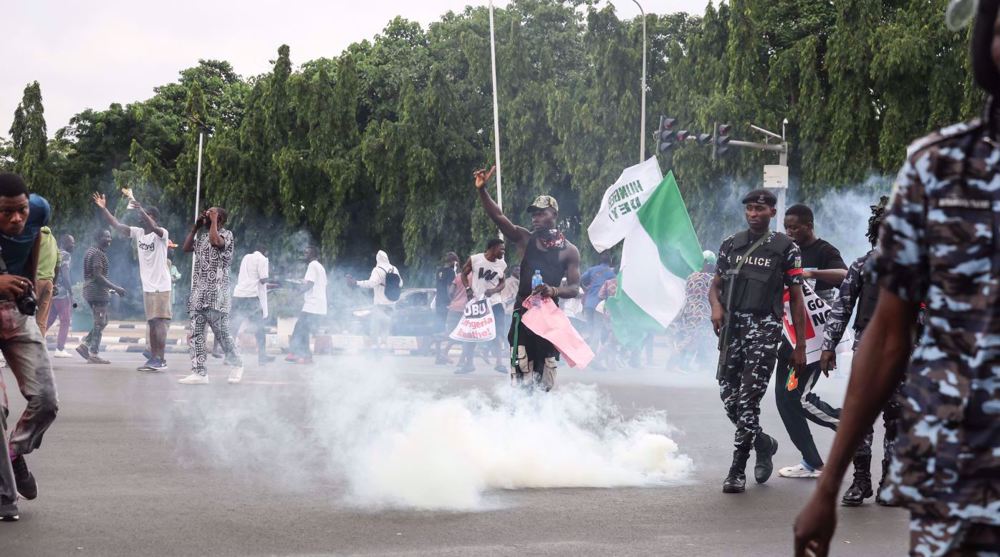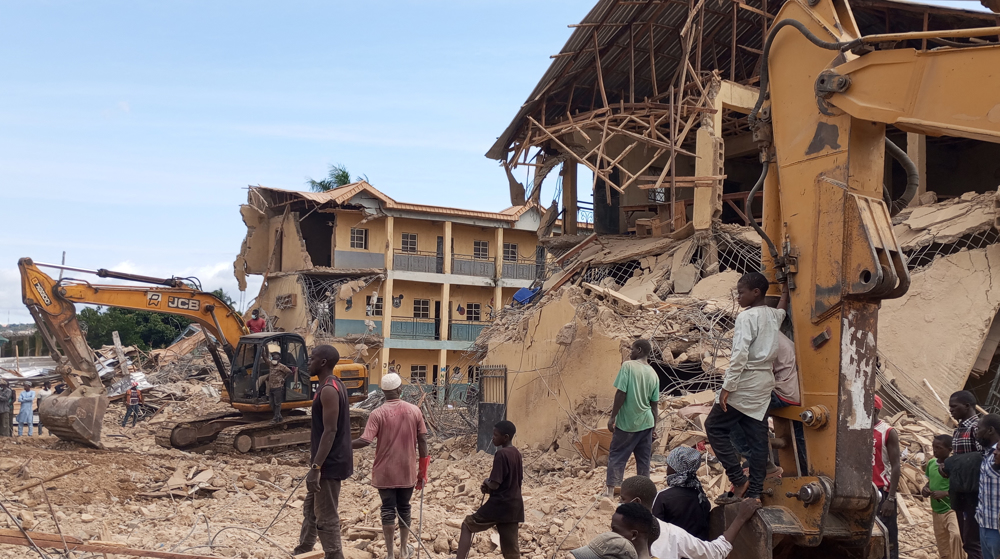Nigerian lawmakers vote to offer asylum to Gambia's president
Nigerian lawmakers have voted to offer Gambian President Yahya Jammeh asylum if he hands over power to opposition leader Adama Barrow, who was declared the winner of the country's December presidential election.
The House of Representatives, Nigeria’s lower house, on Thursday approved a motion to authorize President Muhammadu Buhari to offer Jammeh asylum if he steps down when his five-year mandate ends on January 19.
Jammeh has a constitutional right to remain in office until his term ends.
The Nigerian president is due to travel with other West African leaders to Gambia on Friday to persuade Jammeh to accept the election results.
Jammeh had initially accepted the results of the December 1 election, in which Barrow was declared the winner, but reversed his position more than a week later and called for a revote.
Barrow says Jammeh lacks the constitutional authority to call for a new vote or to invalidate the election.
Leaders from the Economic Community of West African States (ECOWAS) have already traveled to the Gambia in an attempt to strike a deal with the president to make him to leave power. ECOWAS has said that Jammeh must step down and vowed "to take all necessary action to enforce the results" of the election.

Jammeh has, however, questioned the role of the regional body as a genuine mediator.
In New Year’s speech broadcast on state TV, the Gambian president accused the regional bloc of declaring a war against his country. He also pledged to defend his country against what he called any foreign aggression.
Jammeh has also described the mediation by ECOWAS as an insult to Gambia’s constitution.
His refusal to accept the results prompted political upheaval in the country, bringing pressure from the international community on him to accept the result and step down.
Several countries and the United Nations Security Council have called for a peaceful transition of power in Gambia.
Jammeh seized power in a military coup in 1994 and has been in power ever since. He has long been under fire by human rights groups, who accuse him of torturing, imprisoning, or even sometimes killing his opponents.
Iran’s economy grew 2.7% y/y in Sep quarter: CBI
VIDEO | Freelancers in Gaza strive to stay online amid genocide
Mikati demands Israel's withdrawal from south Lebanon
Yemeni army strikes Israeli military sites with drones
‘Clock ticking’: UNRWA slams unjustifiable killing of children in Gaza
BP to be sued in Britain for supplying oil to Israel
VIDEO | Press TV's news headlines
Israeli strikes on north Gaza hospital ‘extremely dangerous, terrifying’: Director













 This makes it easy to access the Press TV website
This makes it easy to access the Press TV website